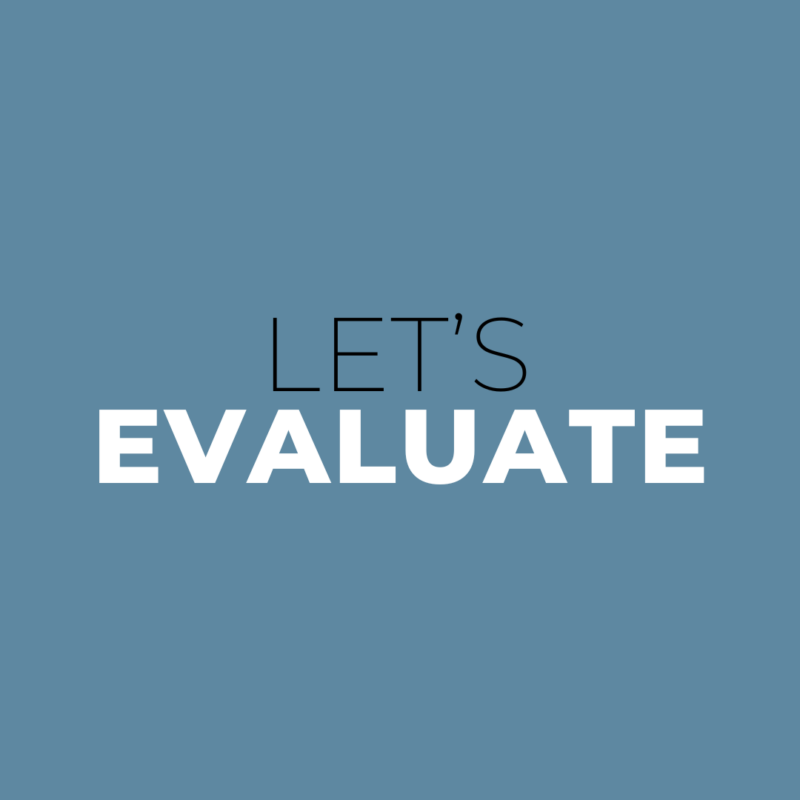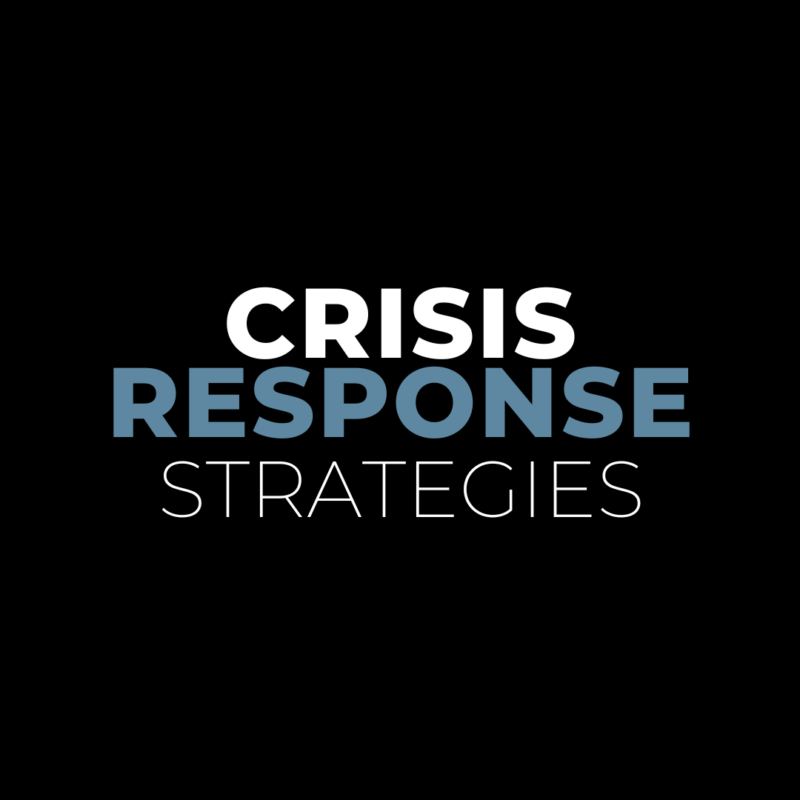Checklist for promoting your next event

While there are a lot of things that go into making an event successful, overall success is achieved by planning ahead and remaining organized. We’ve put together a checklist of things to keep in mind and ways to promote your next event to help ensure success.
- Have a clear goal in place.
In order to properly plan for and measure the success of your event, you have to identify the overall goal for hosting the event.
Are you trying to raise the profile of your organization or cause in front of a specific audience? You will want to consider an attendance goal for that demographic. Do you need to launch a new product? You should aim to get X number of samples into the hands of potential customers during the event, as well as in front of X media contacts who are likely to review or announce the product.
Your goals for the event will also help you determine what kind of event to host, where to host it, what to include, who to invite, etc.
- Brainstorm the possibilities.
Get creative! Think about how to make the event as memorable as possible. How can you engage the audiences in a way that helps meet your goal?
If you are launching a new product, what is a fun way to introduce the product or let attendees try it? If you are raising funds for a new charitable program that benefits a specific audience, how can you showcase or spotlight the stories behind the charity at the event?
When considering the type of event to host or the location, think about ways to tie into the goal.
- Develop a clear and detailed plan for the event.
Once you’ve nailed down concrete ideas for the event, be sure to chart them out in specific detail, including an itemized budget and an outlined schedule – not only for the day of the event but also for each phase of planning leading up to the day of the event.
Some questions to consider:
- Where will the event be held? How much does that cost? When do we need to reserve it by?
- What services do we need to reserve for the event? Catering? Security? Ticketing? When will we reserve those?
- Who will we invite and how/when will we notify them? (See No. 4.)
- What will the event entail? What is the agenda/schedule for the event? Who will be involved and how/when can we confirm their involvement? (See No. 5.)
- How will we promote the event and when should we start? (See No. 6.)
- Be specific and strategic with your invitation list.
For any event, attendance is key. While you may be shooting for ‘the more the merrier,’ a better outlook to adopt is quality over quantity. There should be key audiences (and even individual people) that you target as attendees for the event.
Being specific and strategic with your invitation list is important to achieving your goals, and it’s also helpful in identifying how to engage those key audiences – in both attracting them to the event and engaging them during the event.
- Consider a charitable or corporate partner for your event.
Partnerships help all prosper! A charitable organization hoping to raise funds and awareness through an event can benefit greatly from partnering with a corporate partner (aka sponsor), and on the other hand, a corporate organization can tap into new audiences by incorporating a charitable tie-in to any event.
For example, if a retail or restaurant chain is opening a new location, it could donate proceeds from opening day or weekend to a local charity. By partnering with a local nonprofit organization in this way, the opening weekend will be promoted to the nonprofit’s key audiences, and in turn, both the corporate company and the nonprofit benefit from a successful opening weekend.
- Prepare a comprehensive promotional plan.
Don’t forget to plan for the promotion of your event! Consider all of the avenues you have available to promote the event – website, email/e-blast, social media, partner organizations, news releases, event calendars etc. – and prepare a budget for paid promotion, as necessary.
Depending on the type of event and audiences you are trying to reach, you may need to pay to get the event in front of audiences you don’t already have access to. A small budget can include Facebook ads and a larger budget may incorporate print/on-air advertising or digital ads through the local newspaper or TV station. Radio is another usually successful and affordable resource for event promotion, if budget allows.
While it’s important to start promoting the event as early as possible, know that media resources that post free event listings aren’t likely to promote/list the event until right before the event. (You’ll have to pay for more extensive promotion.) Also, note that most people wait until the last minute to RSVP or purchase tickets.
The keys to promoting your event are to ensure that you utilize as many avenues as possible (and appropriate), start early and be consistent (but not annoying) with promoting the event and following up with invitees leading up to the event. If you’ve done all you can to notify and entice potential attendees, then you can relax and wait for the last-minute RSVPs, ticket sales and unexpected surprise attendees to add up.


